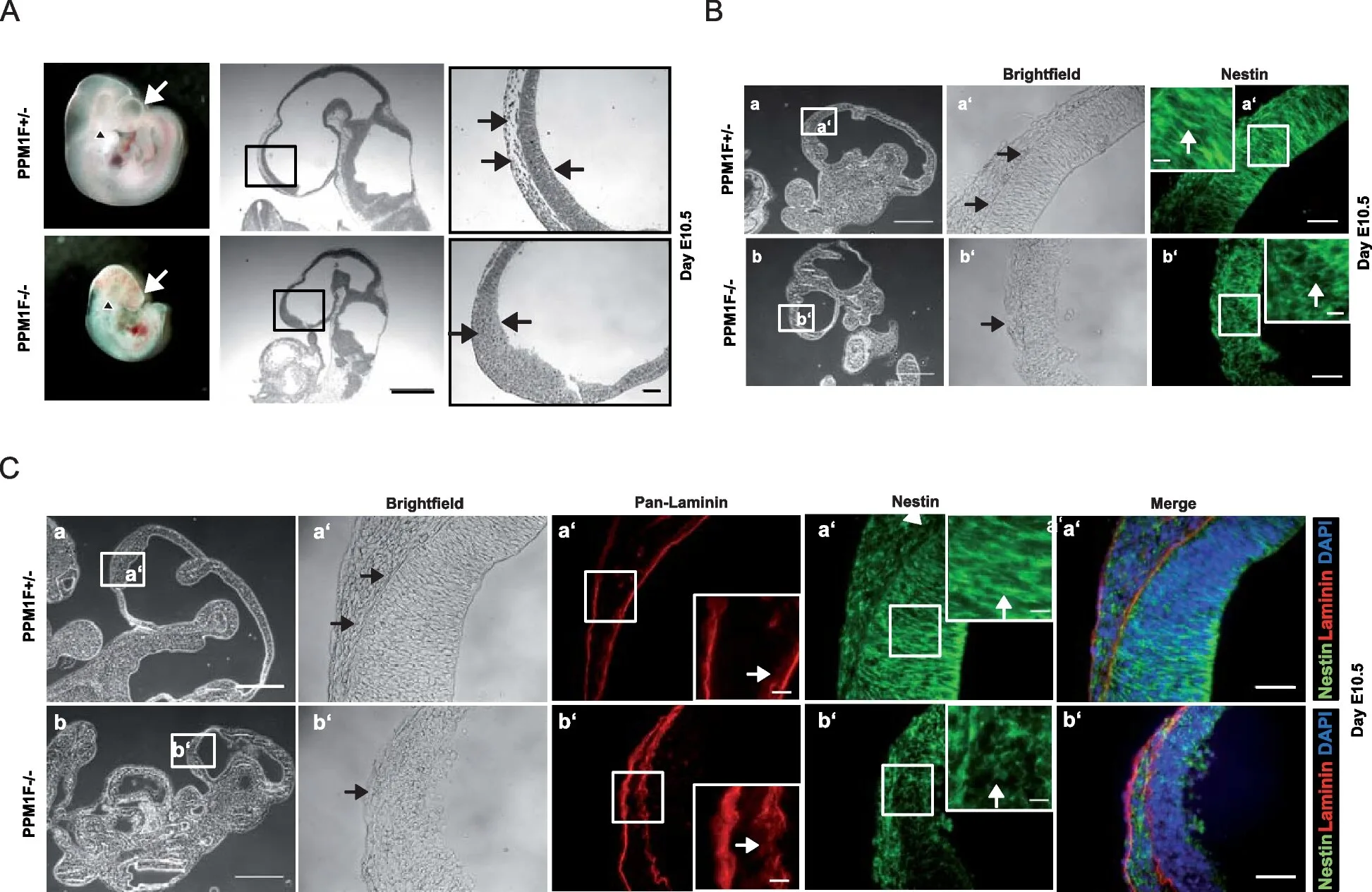Enzyme Discovery Could Revolutionize Cell Migration Therapies
Researchers in Konstanz have pinpointed an enzyme that significantly impacts cell migration within the human body. This groundbreaking discovery has implications for understanding how tissues form, how wounds heal, and, crucially, how cancer cells spread.
The Role of the Enzyme
Cell migration is a fundamental process involved in numerous bodily functions. It’s essential for:
- Normal tissue development
- Effective wound repair
- The body’s response to inflammation
However, uncontrolled cell migration also plays a central role in the metastasis of tumor cells, the process by which cancer spreads to other parts of the body. This newly identified enzyme appears to be a key regulator of this process.
Potential Therapeutic Applications
Because of its involvement in cell migration, this enzyme is an attractive target for developing new therapeutic strategies. By modulating the activity of this enzyme, researchers hope to:
- Promote faster and more efficient wound healing.
- Develop therapies to prevent or slow down the spread of cancer.
Future Research Directions
Further research is necessary to fully understand the enzyme’s function and how it interacts with other molecules in the body. Studies are underway to explore potential drug candidates that can specifically target this enzyme and modify its activity. This could lead to the creation of innovative therapies for a range of conditions, from chronic wounds to aggressive cancers.
Final Overview
The identification of this enzyme marks a significant step forward in our understanding of cell migration. Its potential as a therapeutic target offers hope for new treatments for wound healing and cancer metastasis. Future research will be crucial in unlocking the full potential of this discovery.




+ There are no comments
Add yours